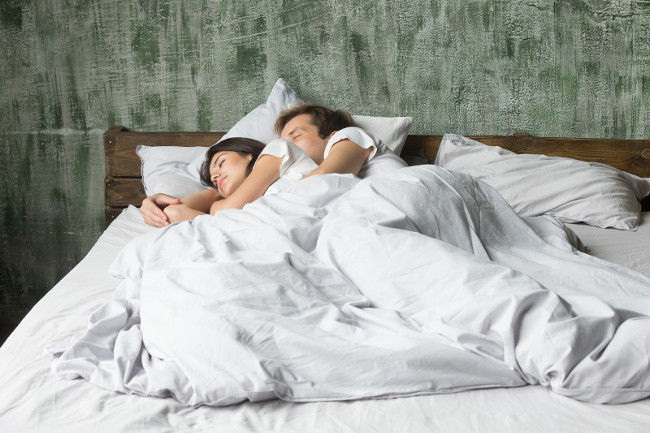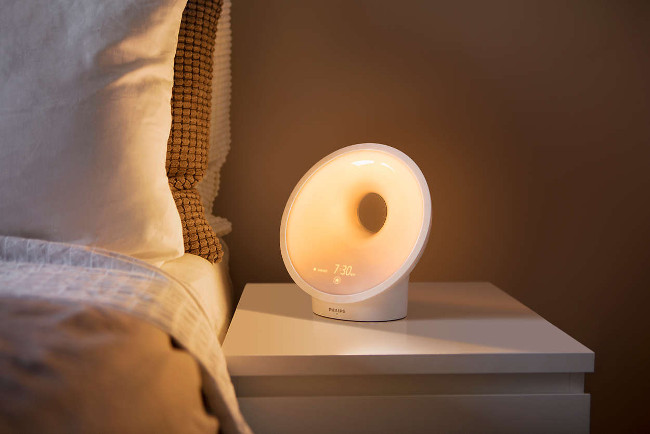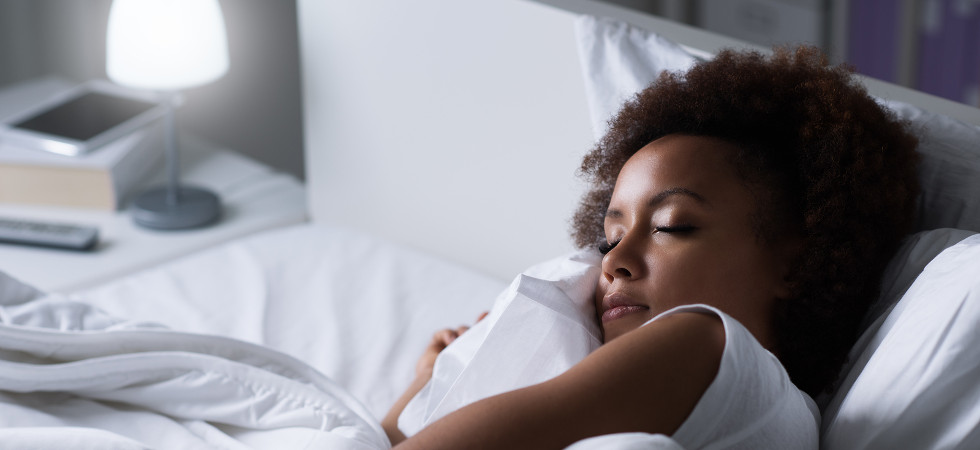Studies show that the UK is a nation of poor sleepers, and yet, good quality sleep is fundamental for our ability to function as humans. Common problems include waking up in the middle of the night, disruptive dreams, sleep apnea or snoring (checkout Smart Nora for a solution for this), and sleeping poorly when sharing a bed with a partner. According to the British Sleep Council, 27% of British people sleep poorly on a regular basis and 70% of people in the UK get only 7 hours or less of shut-eye on a nightly basis (Source: Sleepcouncil.org.uk).
The question of why we wake up in the middle of the night is not a simple one. Luxury Lifestyle Magazine spoke to the sleep experts at Casper to learn the secrets of getting better sleep. Casper mattresses are developed with unique techniques and materials which set them apart from your standard, traditional mattress. Notably, Casper delivers your mattress straight to your door in a box and offers a ‘100 night stand’ to test the mattress and see if it suits your sleeping style. Casper’s ‘bed in a box’ concept has seen roaring success, especially for people living in cities with busy lifestyles who might not be able to shop for (and transport!) a quality mattress. Casper is known to aid healthy and restorative sleep, with some of the biggest health-enthusiasts like Jasmine Hemsley, fans of the brand.

The sleep experts from Casper told Luxury Lifestyle Magazine there can be any number of reasons why our sleep gets interrupted. If you are waking up early in the night, around 1am – 2am, the cause is usually because the brain takes some time to fully switch off which is exacerbated by the bright blue light from screens late at night. Another reason can be due to anxiety or stress – both of which can manifest in all sorts of ways, including night sweats. Waking up around 3am is much more likely to be linked to your blood sugar levels – around 8 hours after you eat your last meal, your sugar levels trough, and your body thinks it is hungry as a result. This is the reason slow-burning food is recommended for evening meals. An early-morning wake up, at 5am, could be caffeine-related. It has long been said you shouldn’t drink coffee 6 hours before bed, but due to the time it takes for caffeine to wear off, it should be closer to 12 hours without coffee before bed.
On average, it should take around 22 minutes to drift off to sleep, so if it is taking a lot longer, you should take positive action. Whether this means downloading a new meditation app, buying a bedside lamp or even investing in a new mattress or hi-tech bedding, Casper’s sleep consultants have shared their pick of the best apps and technology that will ensure a restful night’s sleep.
Make light work of it
First to hit the market were bedside lamps which replicate the light of the sunrise to help wake you more naturally and kindly. Some, like the Philips Somneo, help you feel relaxed at night as well as renewed in the morning. Light-guided breathing practises help you to fall asleep, while morning light cycles move from soft red, to warm orange, to bright yellow just in time for you to wake up. The Casper Glow lamp is as much about sleep science as it is an aesthetically pleasing accessory for the bedroom. The warm light dims gradually to lull you gently to sleep.
A regular bedside light chosen wisely will still do the trick. It’s best to opt for a lamp with warm hues that will help you relax and encourage you to nod off.

Sleep stories
There are a wide range of sleep-promoting applications, all working in a variety of ways. One of the most popular types are those which offer sleep meditations, or sleep stories, usually narrated in dulcet tones which send you straight to sleep. Calm features famous voices – think Stephen Fry, Matthew McConaughey, David Walliams, and more – reading soothing bedtime stories. Slumber offers the choice between soundscapes, sleep meditations and dream stories where you can adjust the volume levels of the background ambient noise to your taste. Rise is one of the newest apps, having only launched in March, which allows you to create a personalised sleep programme backed up by science .
Hi-tech bedding
If you want to avoid technology altogether for help falling to sleep, bed and mattress companies are now looking into creative solutions to implement within beds, mattresses, pillows and duvets. Bensons offer the ‘iGel’ bed, where phase change crystals draw body heat away to keep you cool. ‘The Pillow’ by Casper is a pillow within a pillow, offering support from within and fluffy comfort on the outer layer. An added bonus is the 100% cotton cover with a breathable percale weave which, when paired with the silky fibres inside, increases airflow – so it always feels like the cool side of the pillow.






















